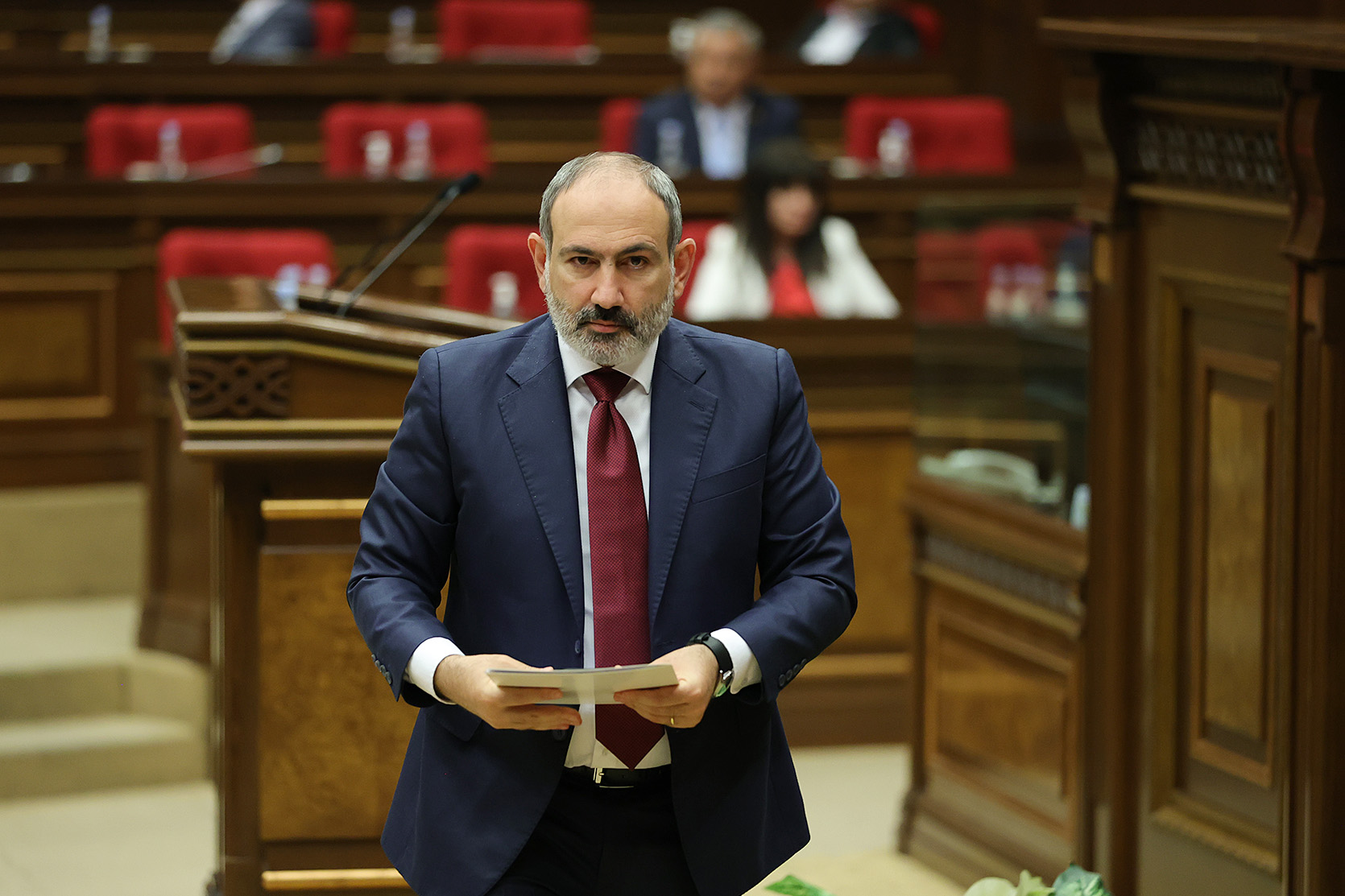During a question-and-answer session in the National Assembly, Armenian Prime Minister Nikol Pashinyan made a controversial statement, declaring that the Karabakh movement should not continue.
“I would not be honest if I did not say from this podium that we should not continue the Karabakh movement,” Pashinyan stated. He emphasized that the current approach is the most effective way to secure the release of Armenian prisoners held in Azerbaijan.
Pashinyan’s remarks were not an isolated incident, but rather a reflection of his broader stance on Armenia’s future direction.
According to the Prime Minister, the Karabakh movement had contributed to what he described as “the failure of Armenia’s statehood.” His conviction led him to assert, “If the people of Armenia disagree with this statement of mine, I will not be the Prime Minister of Armenia.”
This statement came on the heels of important developments in the ongoing peace process between Armenia and Azerbaijan. On March 13, both nations announced that they had completed work on the text of a peace treaty. However, Azerbaijan continues to present preconditions for the agreement, which includes amendments to Armenia’s Constitution and the removal of the EU Monitoring Mission from Armenia, requirements that Armenia views as obstacles to finalizing the peace deal.
These conditions have cast a shadow over the potential for lasting peace, with Armenian Foreign Minister Ararat Mirzoyan warning that such demands could put the peace process at risk. “Peace may be endangered due to the statements made by the Azerbaijani side,” Mirzoyan stated, highlighting the ongoing fragility of the negotiations.
Amid these challenges, Pashinyan also turned attention to the humanitarian issue of Armenian prisoners detained in Azerbaijan. Reaffirming the government’s commitment, he emphasized the importance of using every available tool to bring them home.
“Today, we continue to use the tools that we have used in the past, and must use in the future,” Pashinyan remarked. He said that the issue of prisoners is not only a humanitarian matter but also crucial for establishing stability and peace in the region.


